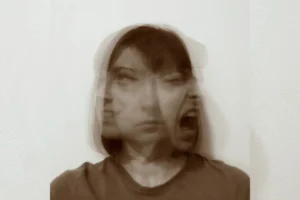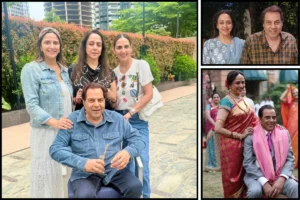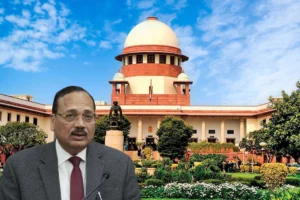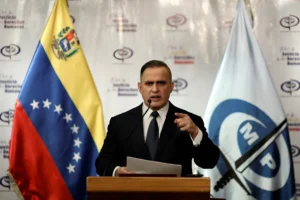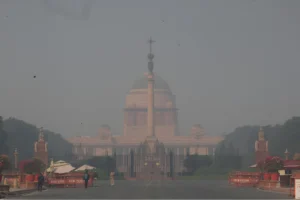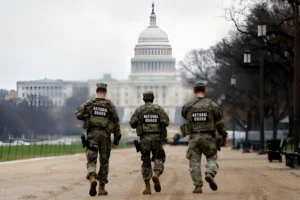
Supreme Court on Article 370: While conducting the hearing on the petition challenging the amendments made in Jammu and Kashmir, that is abrogation of article 370 and reorganization of the state into two Union Territories Justice DY Chandrachud picked up acts and made striking crystal clear remarks. The Chief Justice of India is currently presiding over the 5-judge constitution bench.
He referred to Article 1, a permanent feature of the Constitution of India in Article 370, and stated that it is “a clear indicator” that the Article giving J&K the special status was never supposed to be permanent.
Here’s what Supreme Court said on Article 370 abrogation
While the senior advocate Gopal Sankaranarayanan was making submissions to the opposition, the CJI stated, “Article 1 is a permanent feature of the Constitution. What was the reason for Art 370(1) to contain a specific reference that Article 1 shall apply? Article 1 was in any case applicable. That’s an embedded part of the Constitution.”
The Chief Justice of India stated that while “we may apply the principle of surplusage” to typical legislative acts, “you would never attribute to the Constitution-makers any intent to use a surplusage, or something without meaning.”
Also Read: Rajasthan Minister Ashok Chandna Saluted ‘Chandrayaan-3 PASSENGERS’, Slammed For Bizarre Remark
Also Read: Former CM Mayawati: “BSP Will Contest Lok Sabha Elections SOLO in UP”
What about Article 1
Interpreted in this light, he said, “the reason why Article 1 is specifically referred to in Article 370 is that during that interim period when other provisions could be modified, they were very clear that Article 1 will not be modified, which is a clear indicator of the fact that Article 370 was never intended to be permanent.”
Sankaranarayanan said that the case is “effectively about whether a power exists, and whether the process for exercising that power is followed” before the bench, which also included Justices S K Kaul, Sanjeev Khanna, B R Gavai, and Surya Kant. According to him, Article 3 permits the conversion of a portion of a state into a UT. He claimed that there is a process to follow that was not done for J&K.
To read more such news, download Bharat Express news apps









